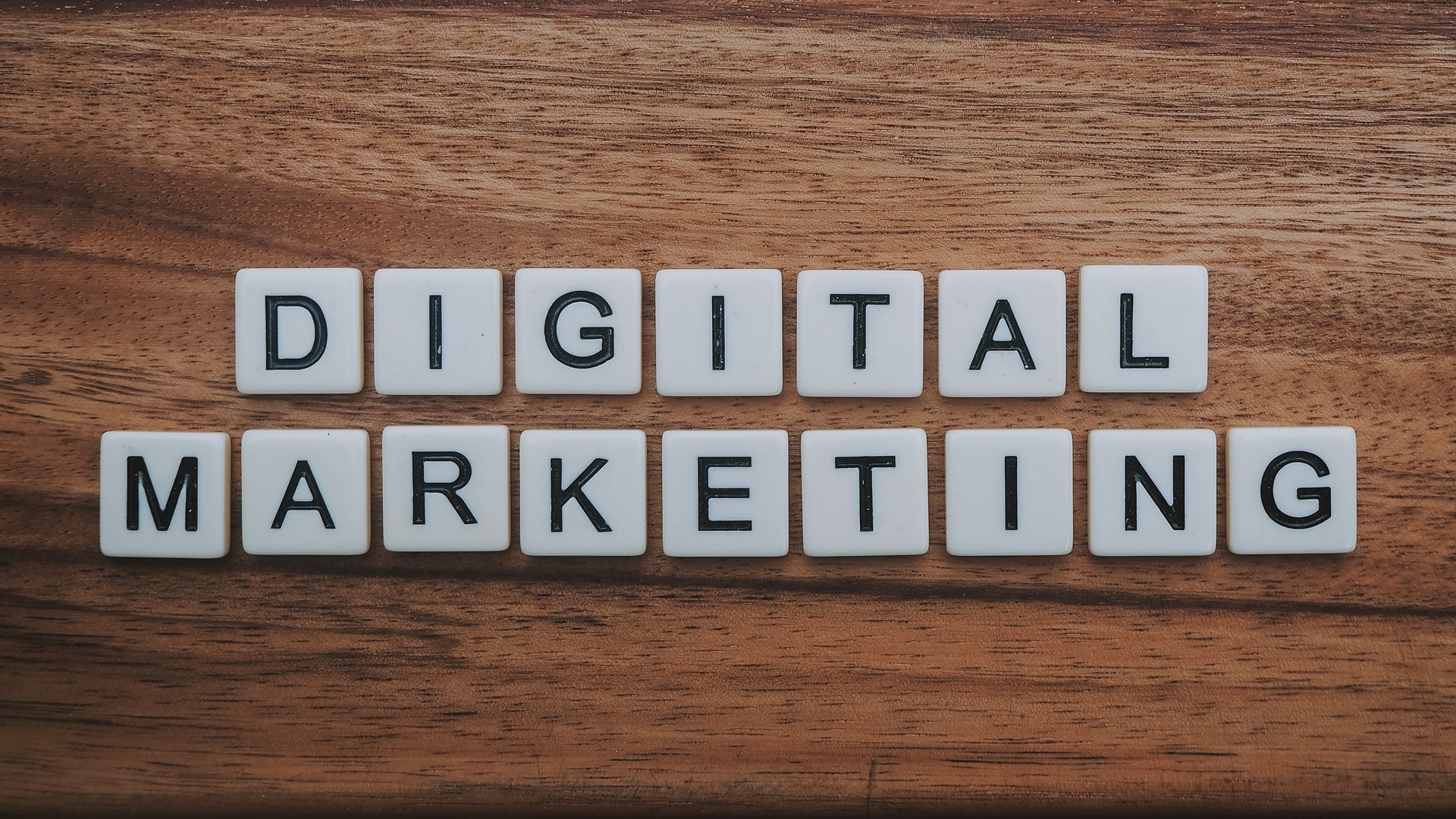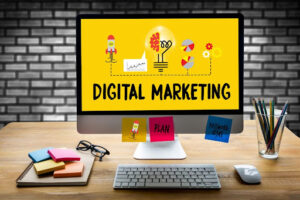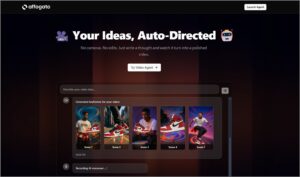
AI has significantly transformed the marketing landscape by enhancing efficiency, personalization, and data-driven decision-making. Here are key contributions of AI in marketing:
1. Personalization at Scale
- Behavioral Targeting: AI analyzes customer data (e.g., browsing history, purchase patterns) to deliver hyper-personalized recommendations, emails, and ads (e.g., Netflix recommendations, Amazon product suggestions).
- Dynamic Content: Tools like ChatGPT generate tailored content for different audience segments, improving engagement.
2. Predictive Analytics
- Customer Insights: AI predicts future behaviors (e.g., churn risk, lifetime value) using historical data, helping marketers prioritize high-value customers.
- Demand Forecasting: Machine learning models forecast trends, enabling better inventory and campaign planning.
3. Chatbots & Conversational AI
- 24/7 Customer Support: AI-powered chatbots (e.g., Drift, Intercom) handle FAQs, qualify leads, and guide users through sales funnels.
- Sentiment Analysis: NLP (Natural Language Processing) gauges customer emotions in real-time, improving response strategies.
4. Programmatic Advertising
- Real-Time Bidding (RTB): AI automates ad buying, optimizing bids for target audiences across platforms like Google Ads and Facebook.
- Ad Optimization: Algorithms test creatives, adjust budgets, and refine targeting to maximize ROI.
5. Content Creation & Optimization
- AI Copywriting: Tools like Jasper and Copy.ai generate ad copy, social media posts, and blog drafts.
- SEO Enhancement: AI identifies keywords, analyzes competitors, and suggests content improvements (e.g., SurferSEO, Clearscope).
6. Customer Segmentation
- Clustering Algorithms: AI groups audiences based on behavior, demographics, or preferences, enabling targeted campaigns.
- Lookalike Audiences: Platforms like Facebook use AI to find users similar to existing customers.
7. Sentiment & Social Media Monitoring
- Brand Perception: AI tools (e.g., Brandwatch, Hootsuite Insights) analyze social media mentions to track sentiment and identify crises early.
- Influencer Marketing: AI identifies influencers whose audiences align with a brand’s target demographic.
8. Marketing Automation
- Campaign Management: Tools like HubSpot and Marketo automate email workflows, lead scoring, and follow-ups.
- A/B Testing: AI rapidly tests variations of ads, landing pages, or emails to determine the most effective options.
9. Visual & Voice Search
- Image Recognition: AI powers visual search tools (e.g., Google Lens, Pinterest Lens) to help users find products via images.
- Voice Search Optimization: As voice assistants (e.g., Alexa, Siri) grow, AI helps optimize content for voice queries.
10. Fraud Detection
- Ad Fraud Prevention: AI detects fake clicks, bot traffic, and invalid impressions, saving ad budgets (e.g., DoubleVerify, Integral Ad Science).
Benefits of AI in Marketing
- Efficiency: Automates repetitive tasks, freeing teams for strategic work.
- Cost Savings: Reduces wasted spend through optimized targeting.
- Data-Driven Decisions: Uncovers hidden patterns in large datasets.
- Improved ROI: Enhances campaign performance and customer retention.
Challenges
- Data privacy concerns (e.g., GDPR compliance).
- Over-reliance on automation losing the human touch.
- Requires quality data and technical expertise.
In summary, AI empowers marketers to deliver smarter, faster, and more personalized experiences while maximizing ROI. As technologies like generative AI and predictive modeling advance, their integration will continue to grow.





